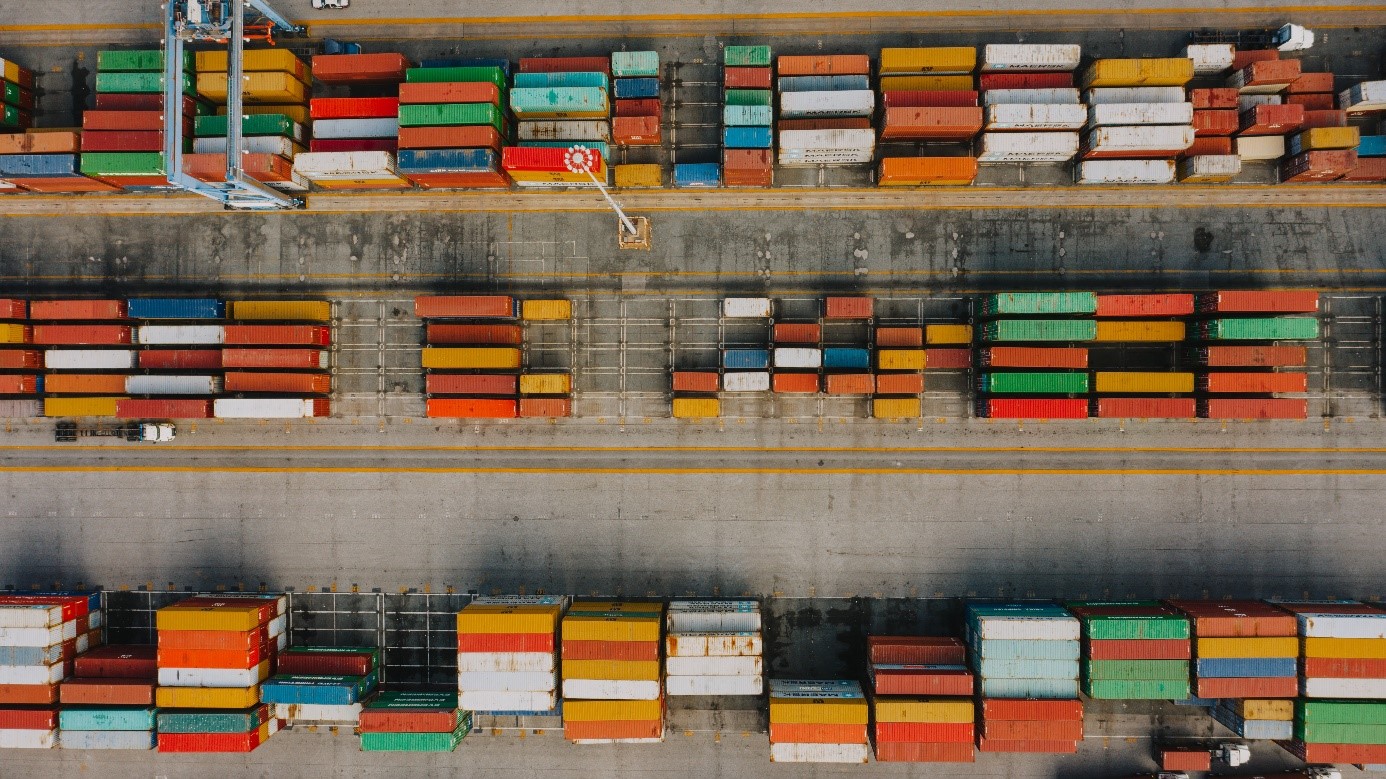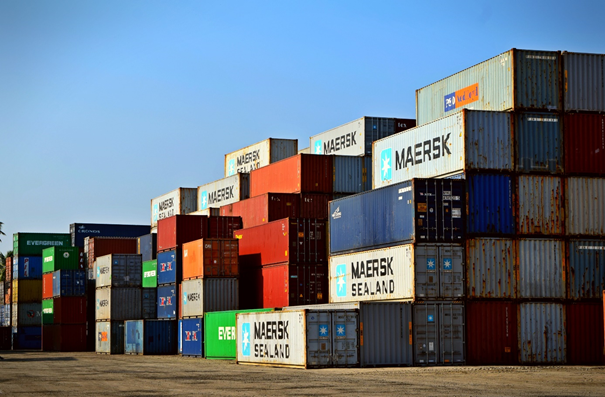
Before explaining the concept of international logistics, let's first explain what logistics is. A general and current definition of logistics is the transportation of the load from its point of origin, that is, its source, to its destination point. However, logistics is not just about transportation. Logistics processes include planning the movement of the load, implementing the plan afterward, transporting the load, keeping the load under control, and storing the load. Logistics is involved in all these processes. The main goal of my logistics is to ensure that products or goods reach the right place, on time, and in the most suitable way. Today, with the increase in trade and the expansion of trade borders, the concept of international logistics has emerged.
We mentioned that trade is developing and its borders are expanding today. In this context, the emerging concept of international logistics can be described as having a product or goods originating in a different country at the destination point. International logistics forms the basis of import and export processes.
International logistics services are not carried out with a single method. Let's clarify what we mean by "not with a single method." For example, international logistics can be done via road transportation, or it can be done via maritime transportation. Besides these, international transportation can also be carried out in a combined manner. How does this work? For example, a logistics process starting with maritime transport can be completed by road or rail. In this way, international logistics can be realized through combined transportation.
What Are the Benefits Provided by International Logistics?
With the emergence of the concept of international logistics, the development of trade and logistics has accelerated significantly, and developments have occurred in different dimensions. Here, we will detail the benefits that the concept of international logistics has provided from history to the present day.
- The biggest benefit of international logistics worldwide is preventing manufacturing factories from holding stocks. What does this mean? Previously, manufacturing factories kept a lot of raw material and semi-finished stock. The reason was to avoid delays during production and delivery stages. However, with the emergence of the concept of international freight, the practice of holding excessive stocks has completely ended. Instead of holding stocks, products are now supplied as needed.
- The emergence of the concept of international logistics in 1960 accelerated the effect of globalization. International logistics, which increased the impact of globalization, caused countries to compete financially with each other. This competition has never resulted in negative outcomes. Countries aiming to be good in financial competition began to specialize in certain areas.
- Another benefit of financial competition is that it enabled countries to discover their own potentials. Countries started to produce products they previously did not produce.
- The fields most affected by international logistics are transportation and communication. It has accelerated development in these areas.
- Thanks to international logistics, the export and import products are transported safely and in a short time. The short and secure delivery of imported and exported products from their origin to their destination is only possible with international logistics.
- With the development of international logistics, the transportation of products or goods between countries has been secured. The development of the logistics concept has made product or goods security an important issue. As a result, logistics processes are carried out with insurance. In case of any negative situation during the logistics process, insuring goods and services prevents losses.
- Additionally, with the advancement of international logistics services, the door-to-door transportation concept has also emerged. Door-to-door transportation is especially valid when transportation is carried out via road. However, transportation can also be done in a combined manner.
What Are the Delivery Types in International Logistics?
For international logistics to occur, the delivery method must be determined. Let's explain what the delivery methods are and what they mean in detail.
Delivery Methods Used in General Transportation Types

The delivery methods listed below are valid for all general transportation types.
-
EXW – Ex Works
-
EXW can be simply explained as delivery at the place of business. What does this mean? It is the delivery of the load at the exporter’s warehouse, factory, or business location as requested. All costs and risks are borne by the importer.
-
-
FCA – Free Carrier
- FCA can be explained as delivery to the carrier. It is the delivery of the load to the carrier at the place designated by the importer, located in the exporting country. You can review our blog post for more information about the FCA delivery method!
-
CPT – Carriage Paid To
- CPT is a delivery method where the transportation cost is paid by the exporter. Here, because the transportation fee for the vehicle is paid by the exporter, insurance and other expenses are borne by the importer.
-
CIP – Carriage and Insurance Paid To
- CIP is a delivery method where insurance and other expenses are paid by the exporter compared to CPT. The goods are delivered to a specified point in the importer’s country, and all costs up to this point are paid.
-
DAT – Delivered at Terminal
- DAT means delivery at the terminal or port. All risks and costs during the logistics process are borne by the exporter, and the load is delivered to the port or terminal in the country where the importer is located.
-
DAP – Delivered at Place
- DAP means delivery to the designated place. This means that the load is delivered to a specified address in the importer’s country with all costs paid, excluding taxes.
-
DDP – Delivered Duty Paid
- DDP differs from DAP in that all costs, including taxes, are paid and the goods are delivered.
Delivery Methods Used in Sea and Inland Waterway Transportation
The delivery methods listed below are valid when transportation is carried out via sea and inland waterways. They are not valid for road transportation, rail transportation, or air transportation.
-
FAS – Free Alongside Ship
- FAS, called delivery alongside the ship, means the load is delivered by coming to the quay or port to load onto the designated vessel.
-
FOB – Free on Board
- FOB means loading the cargo onto the vessel and delivering it. All costs and responsibilities such as transportation and insurance are borne by the importer. You can review our blog post for more information about FOB delivery!
-
CFR – Cost and Freight
- CFR can be called as delivery with freight paid. Here, the transportation cost for the designated vessel is paid by the exporter. Insurance and other expenses are borne by the importer.
-
CIF – Cost, Insurance and Freight
- CIF is a delivery method where expenses such as costs, freight, insurance, and transportation are paid.
What Are International Transportation Contracts?
There are some contracts when performing international transportation. These are called international transportation contracts. International transportation contracts vary depending on the type of logistics used for transportation. The international transportation contracts are as follows;






